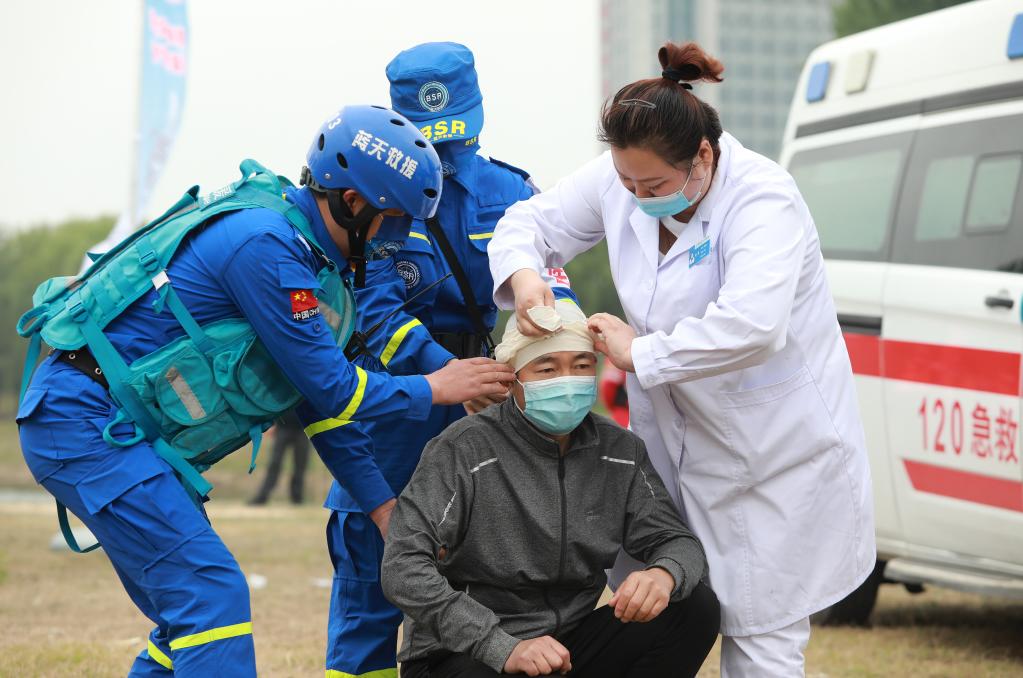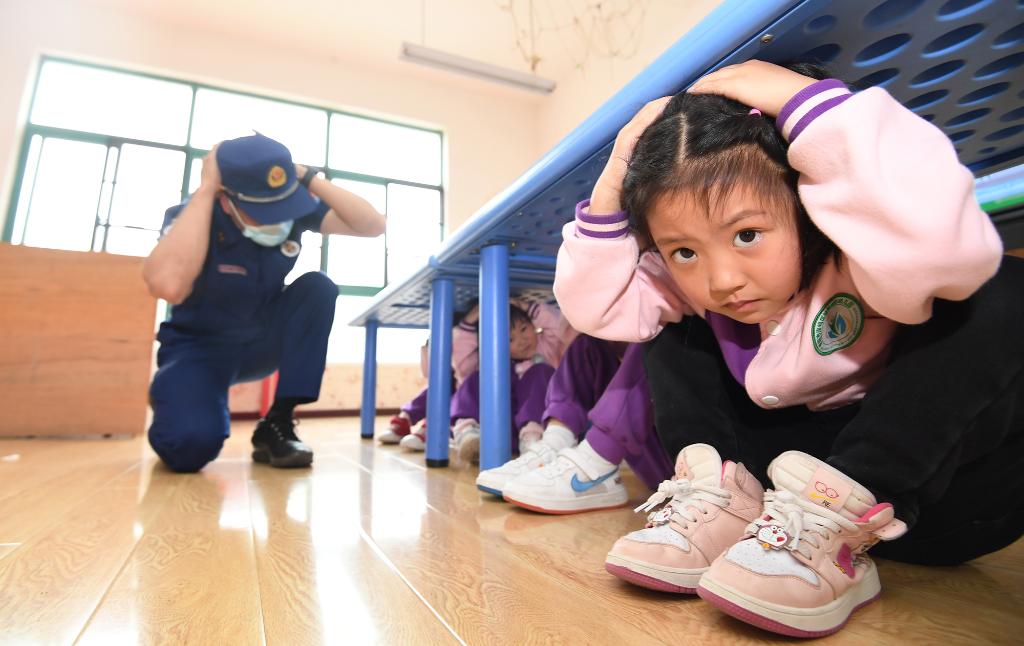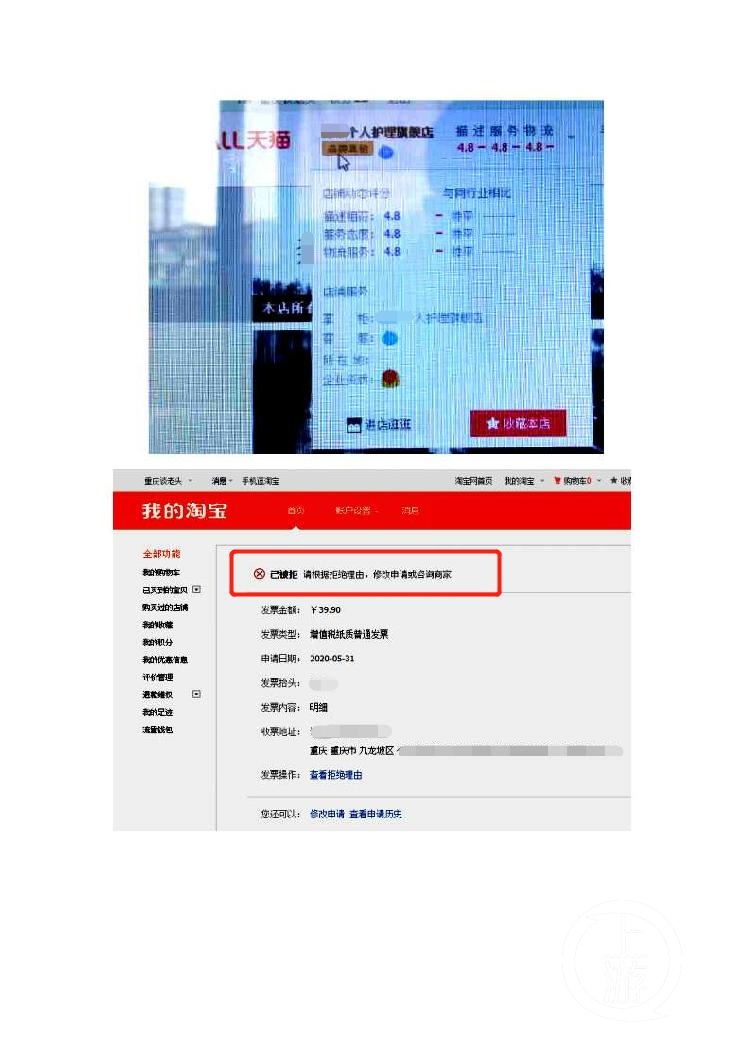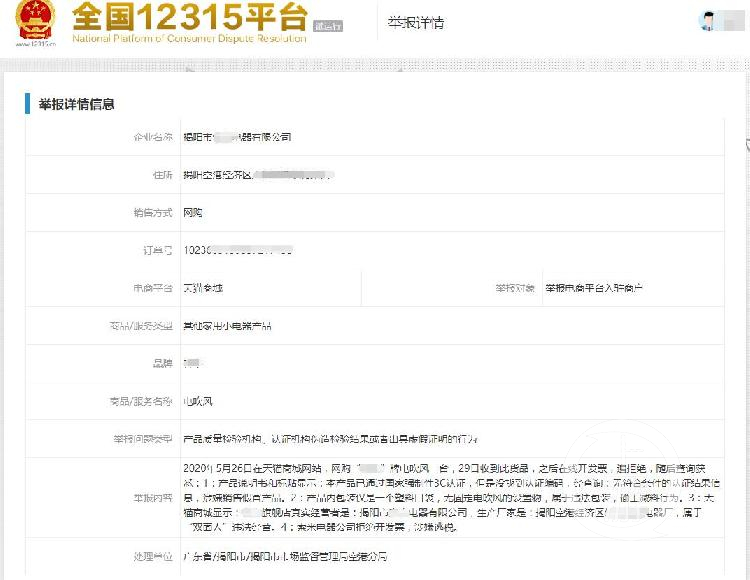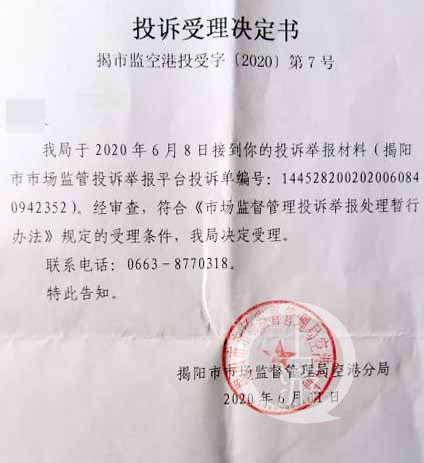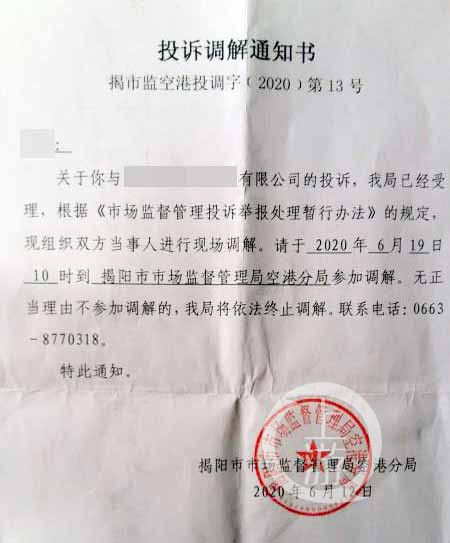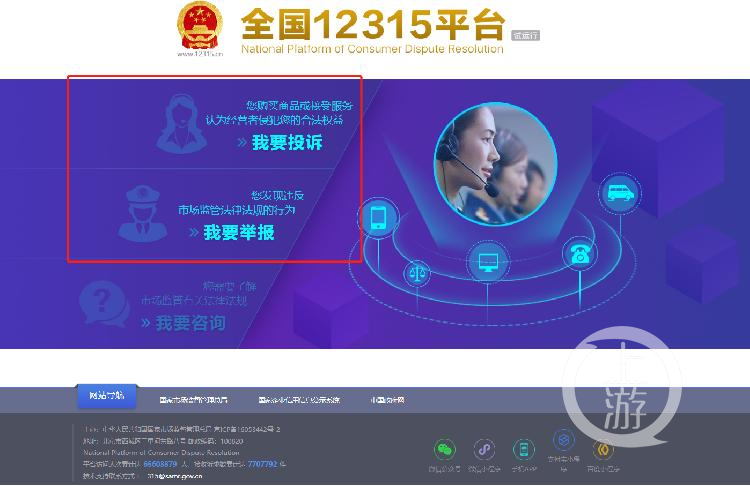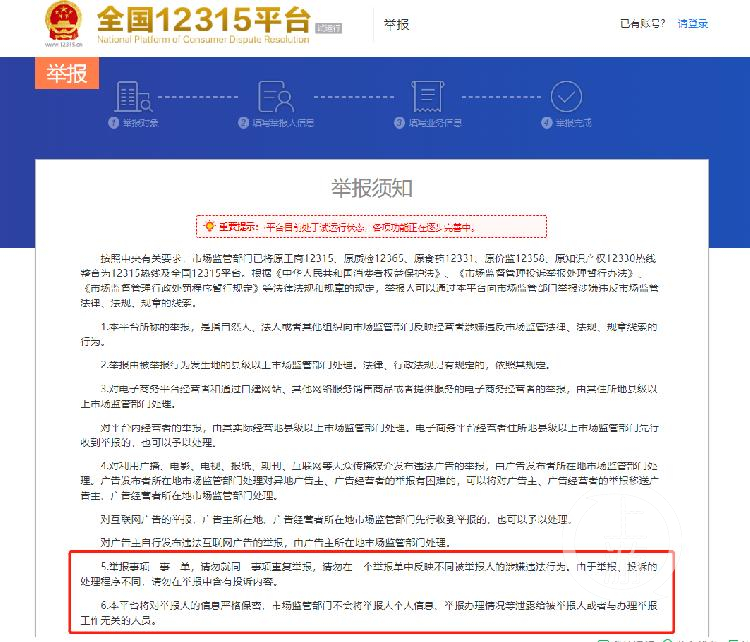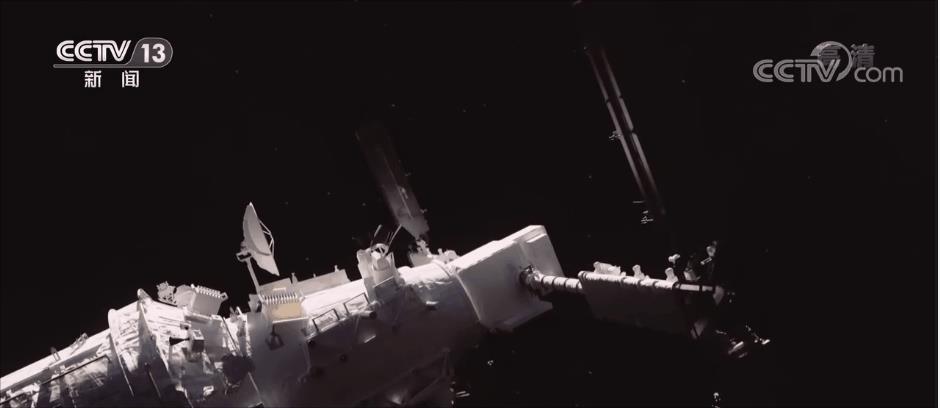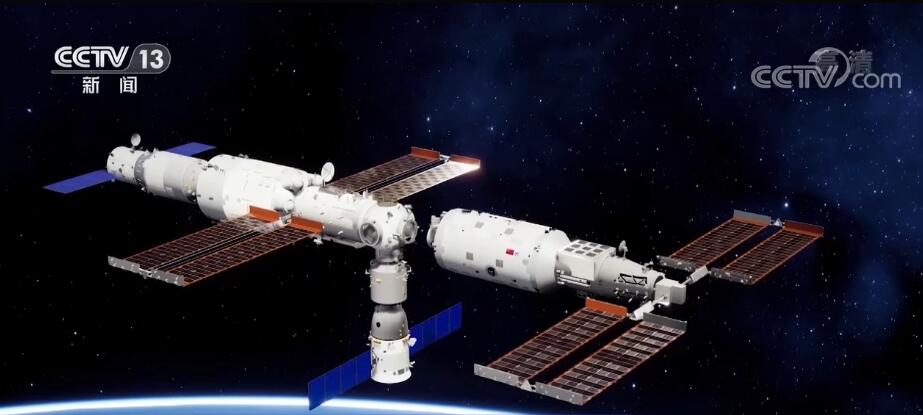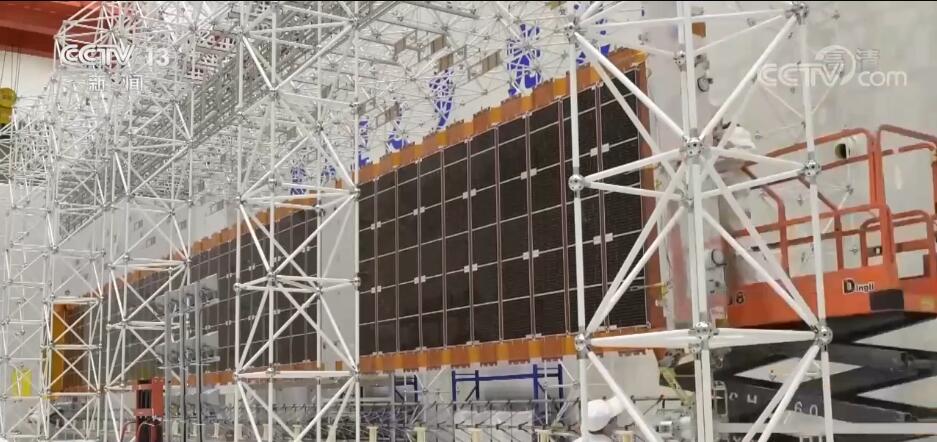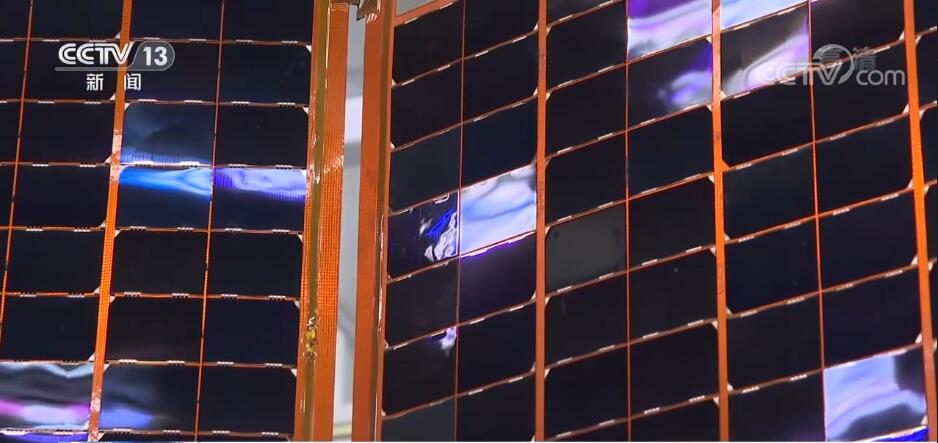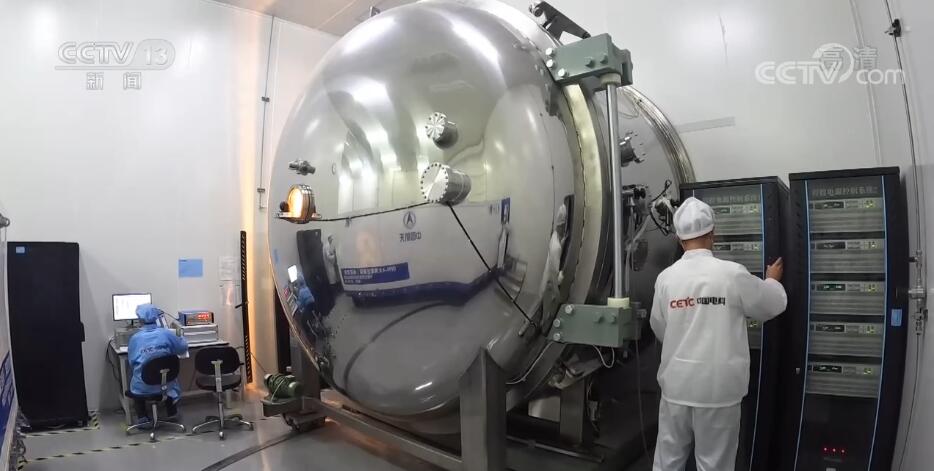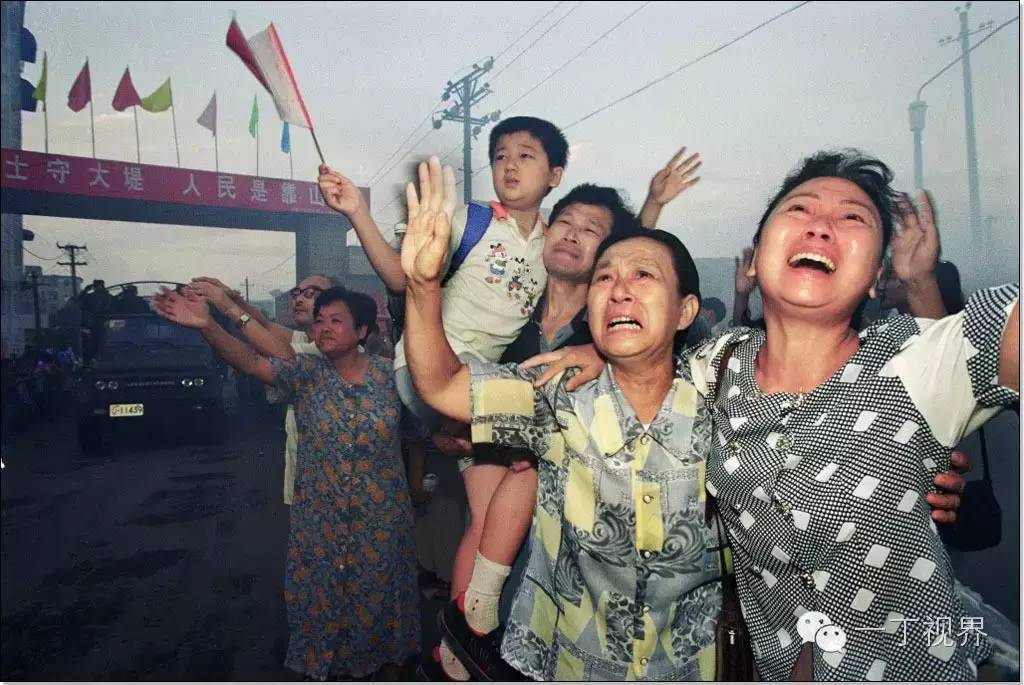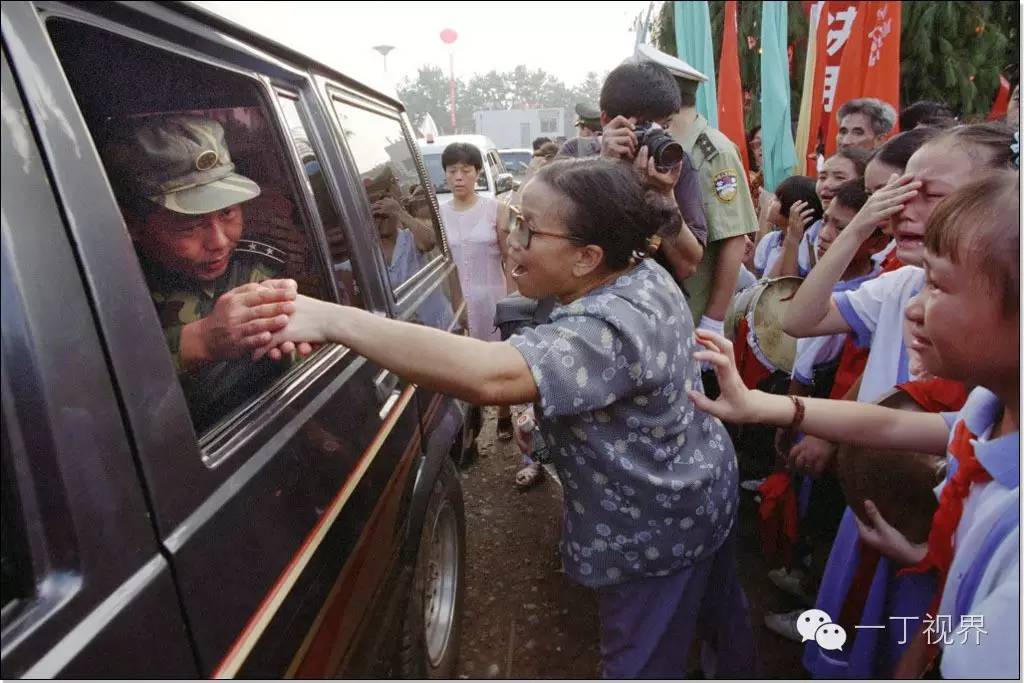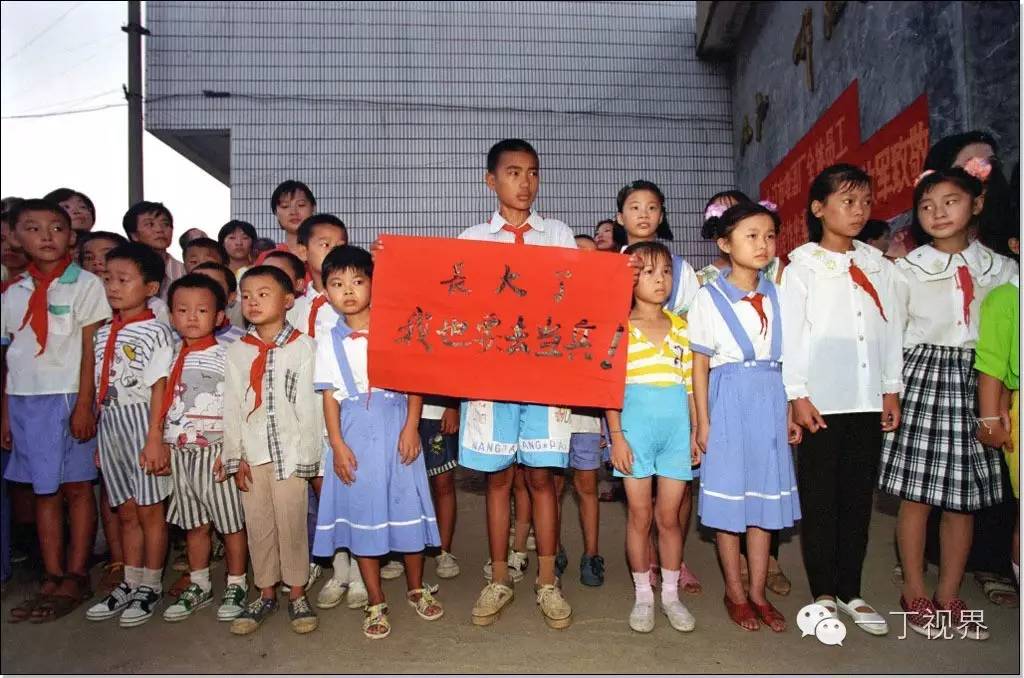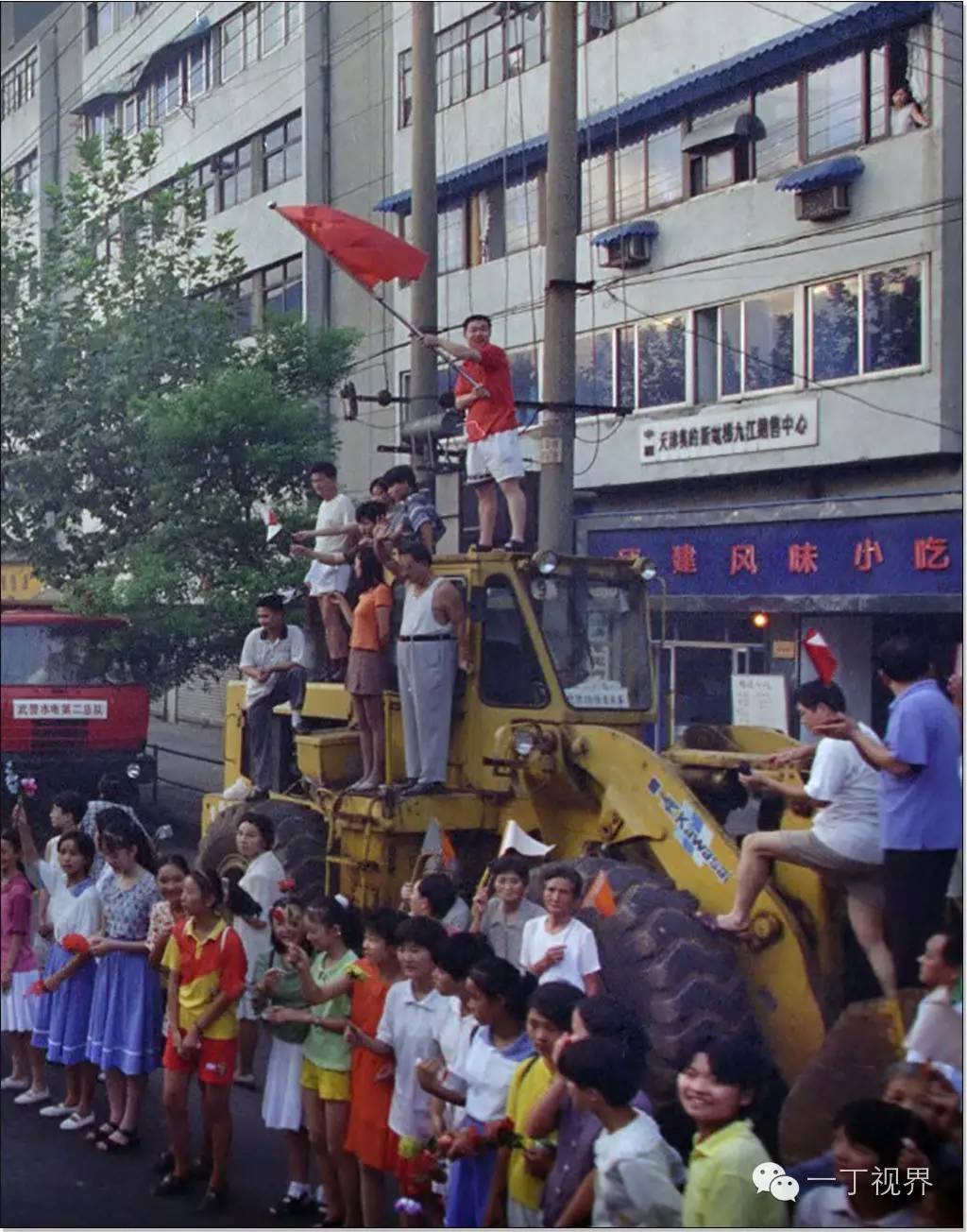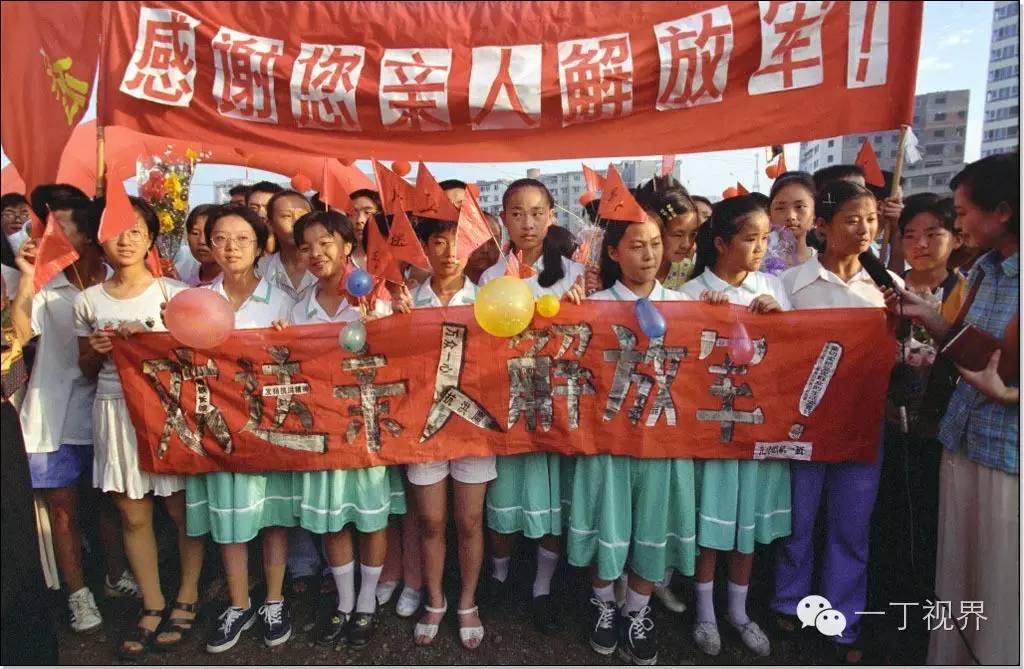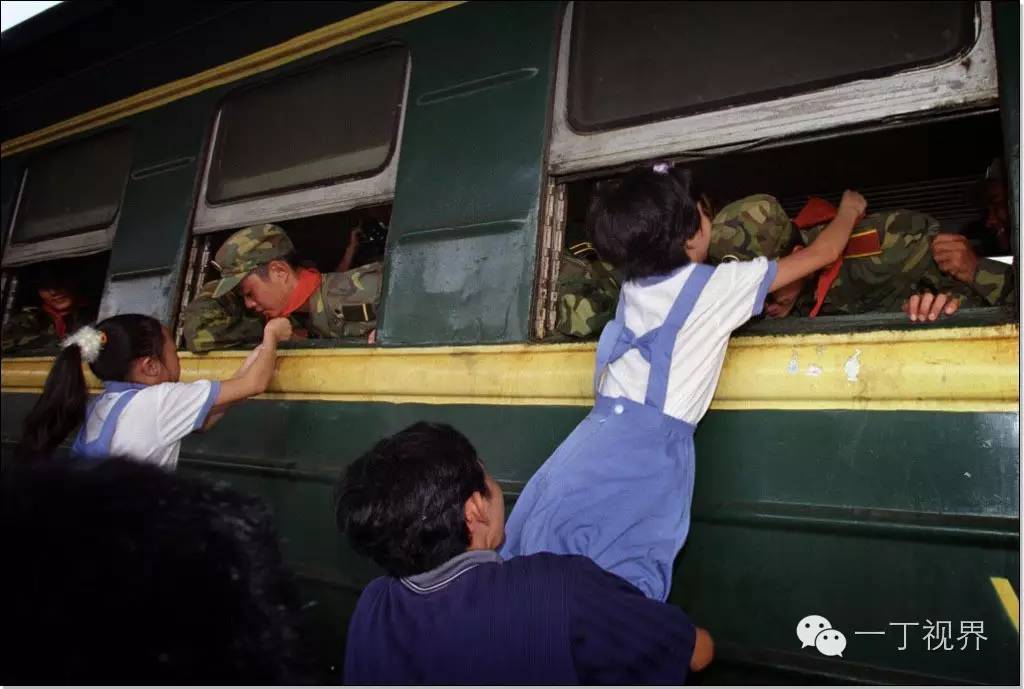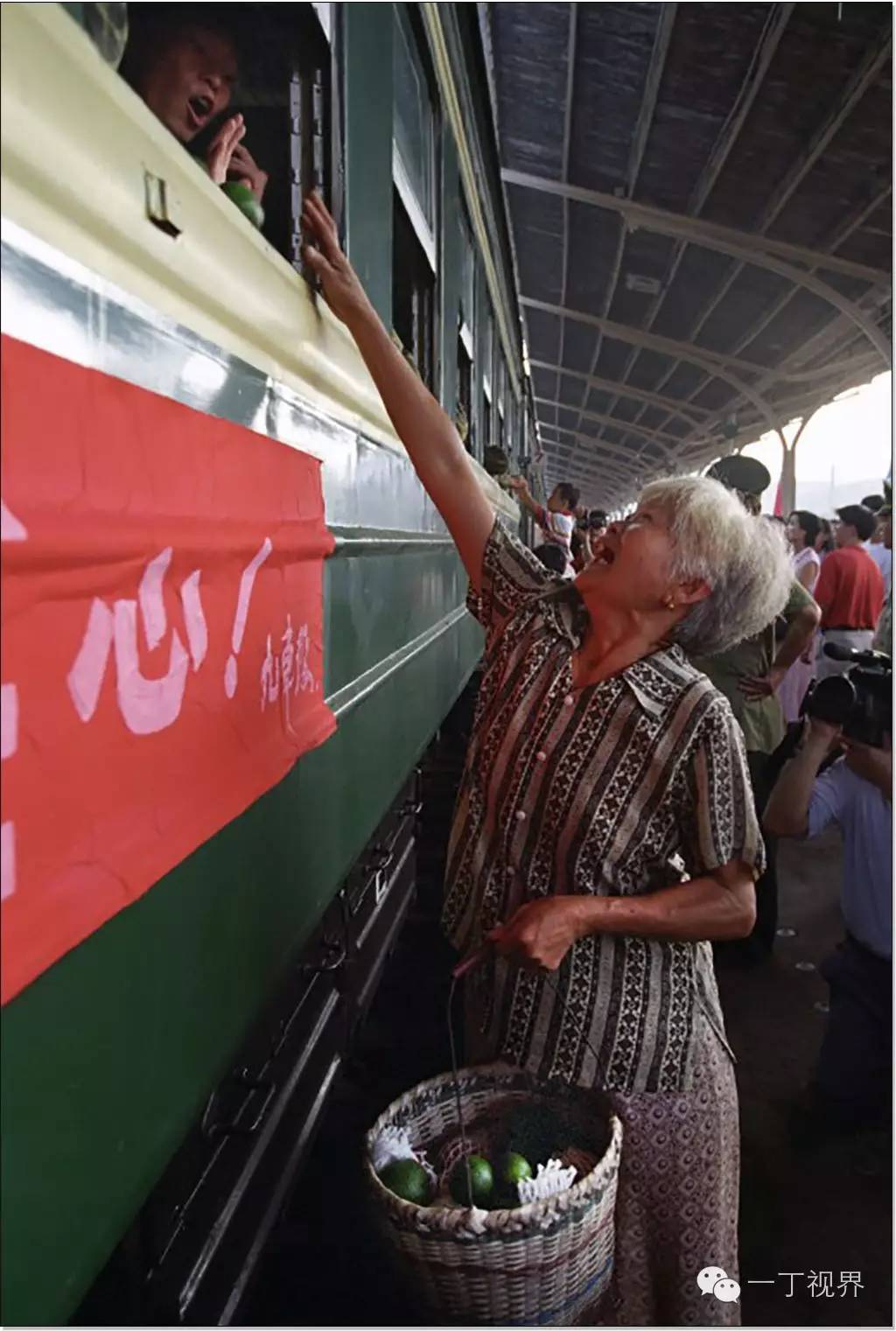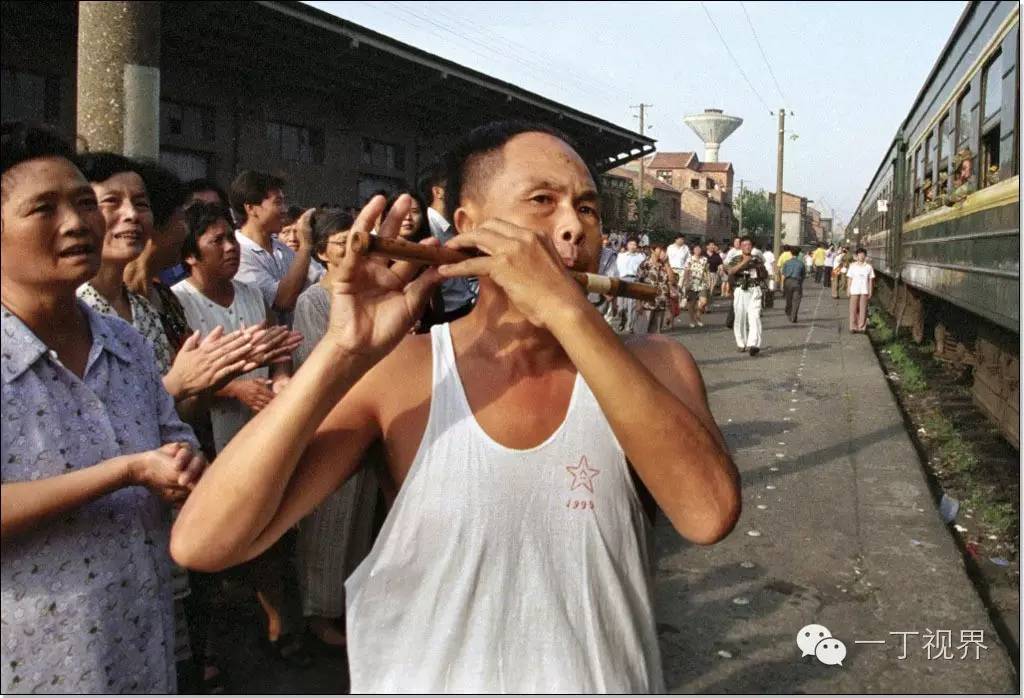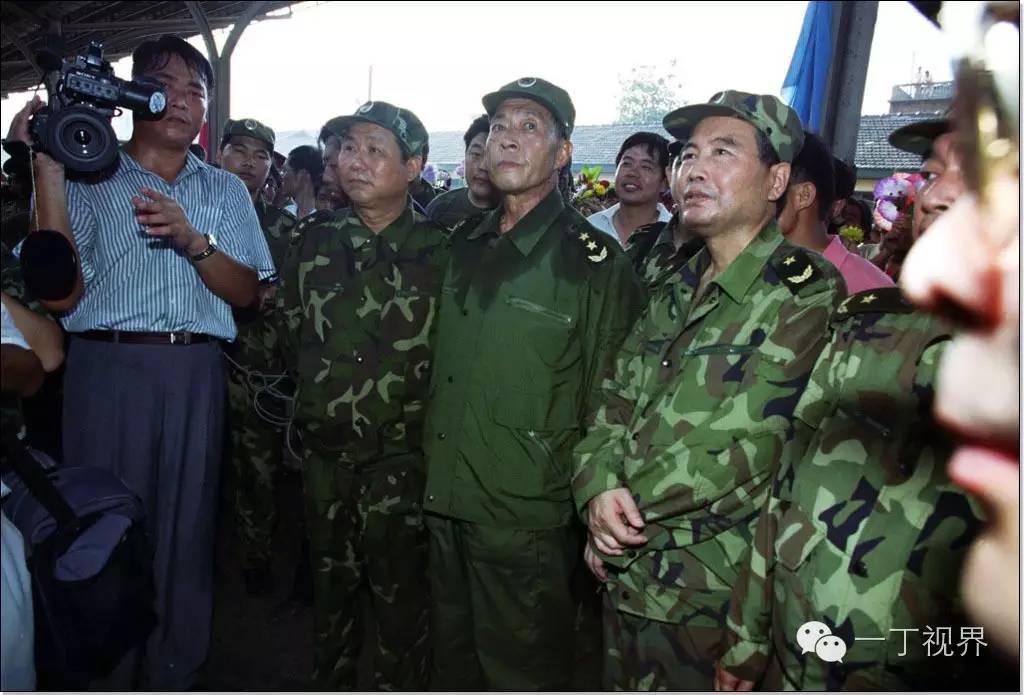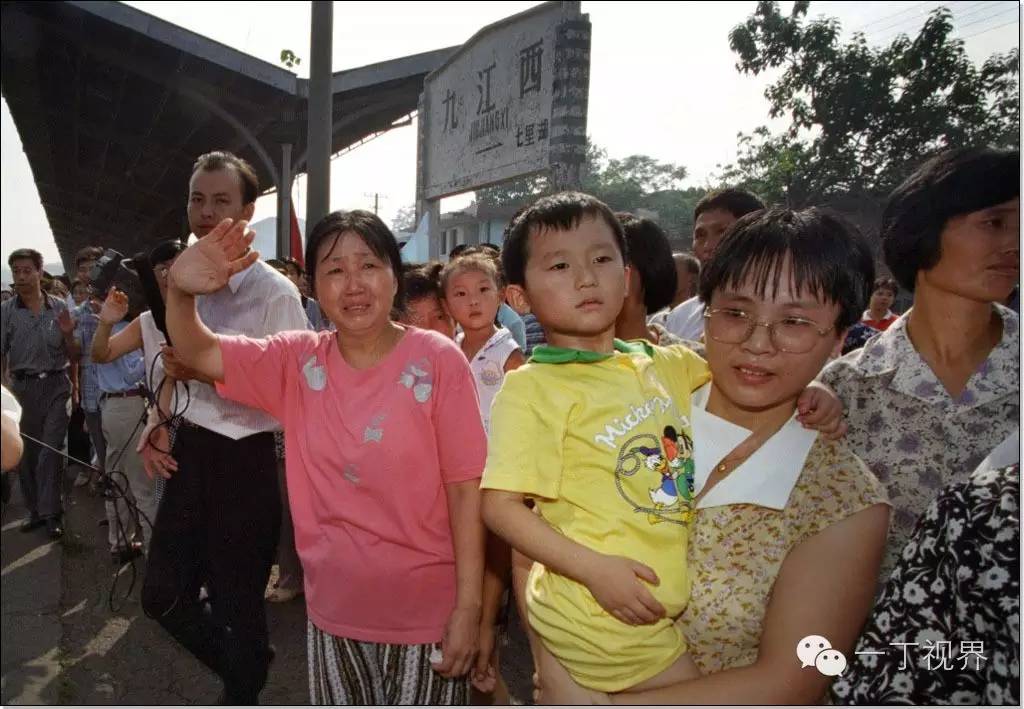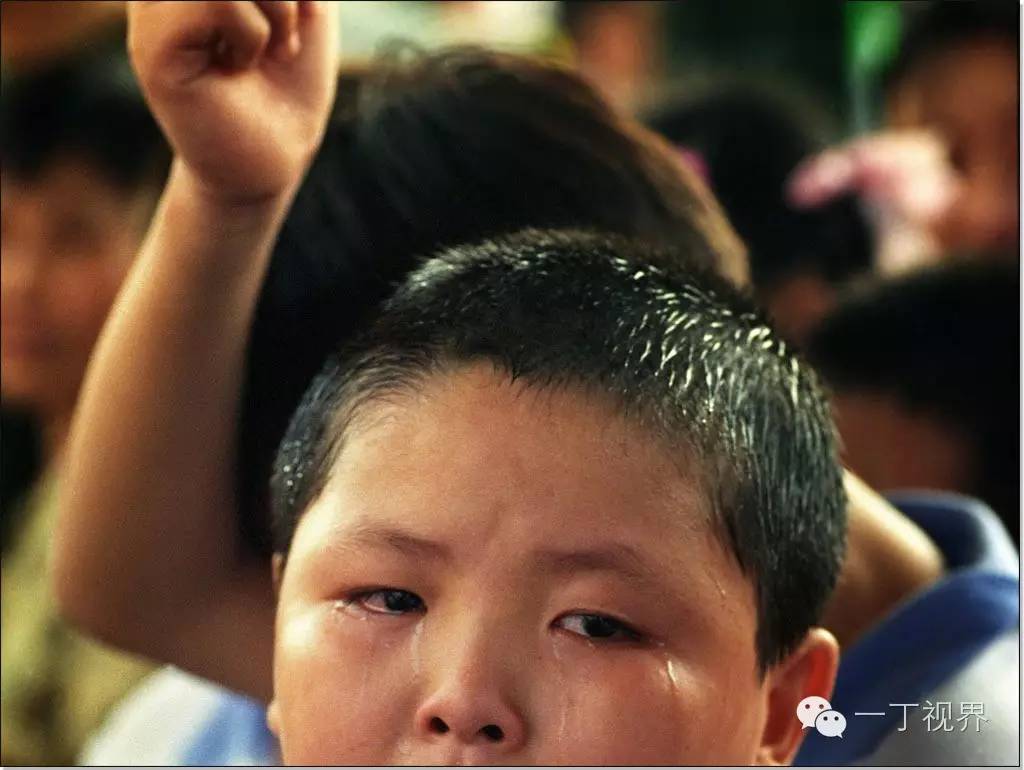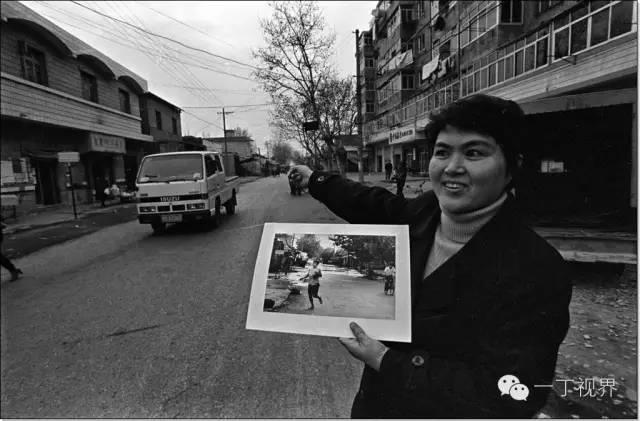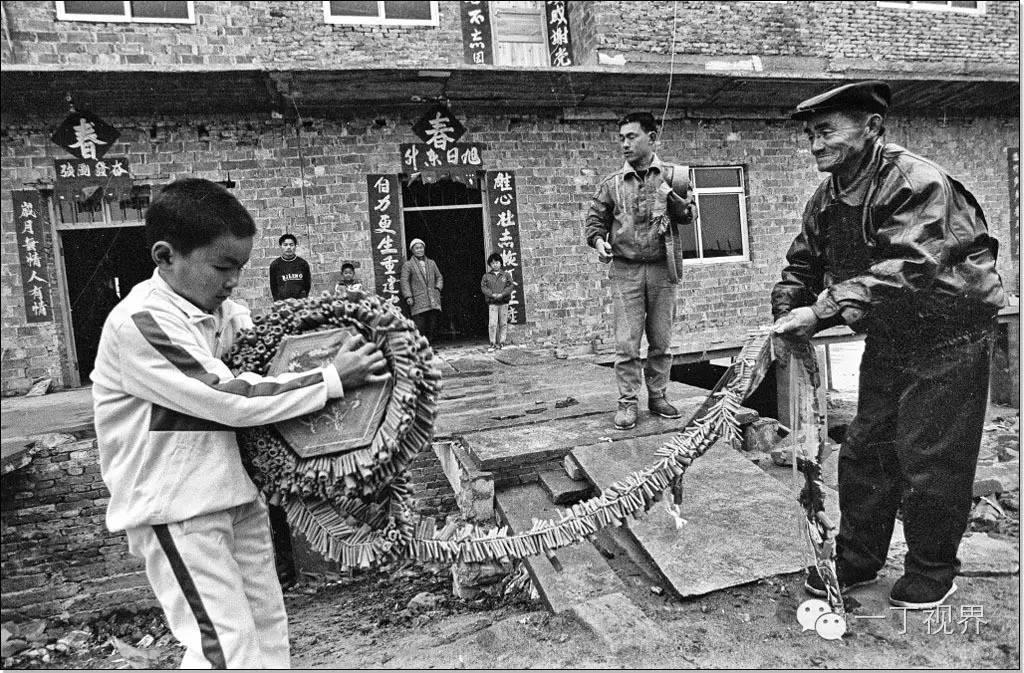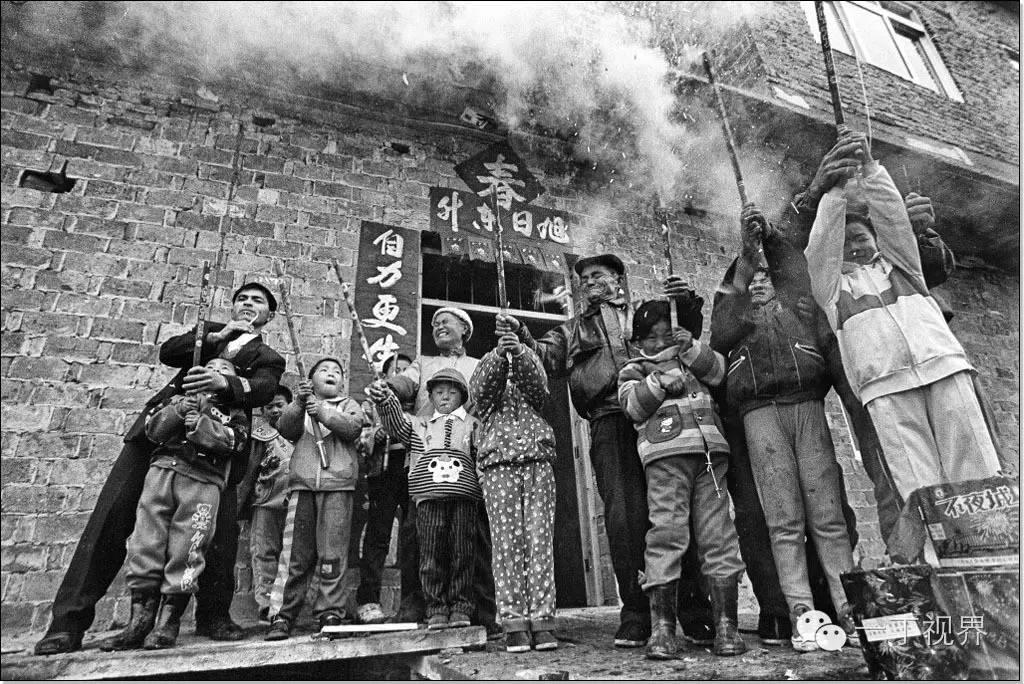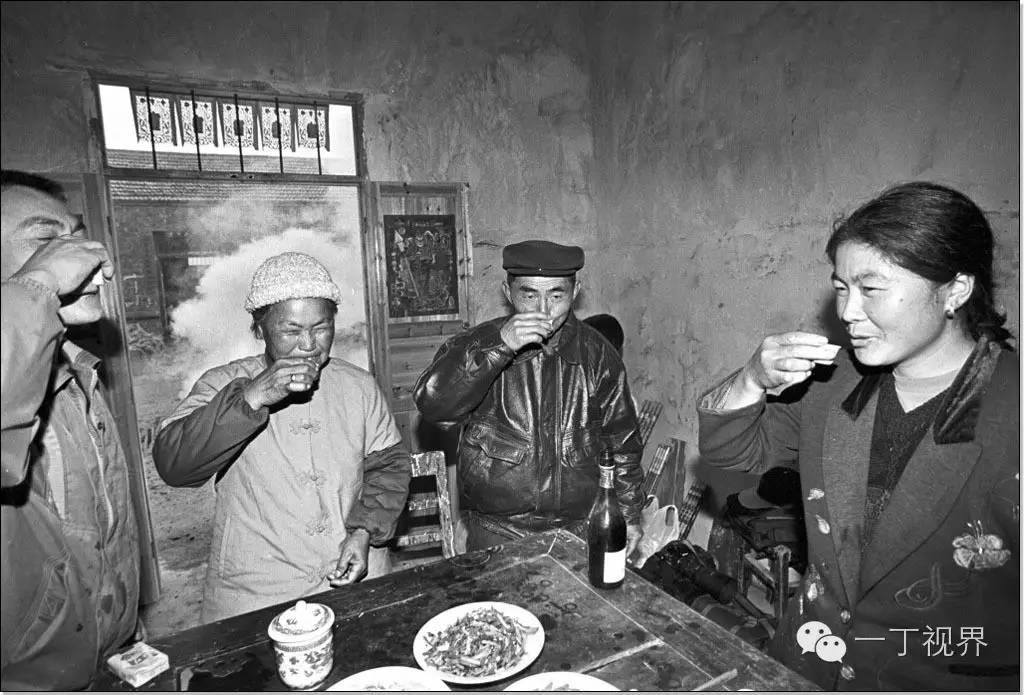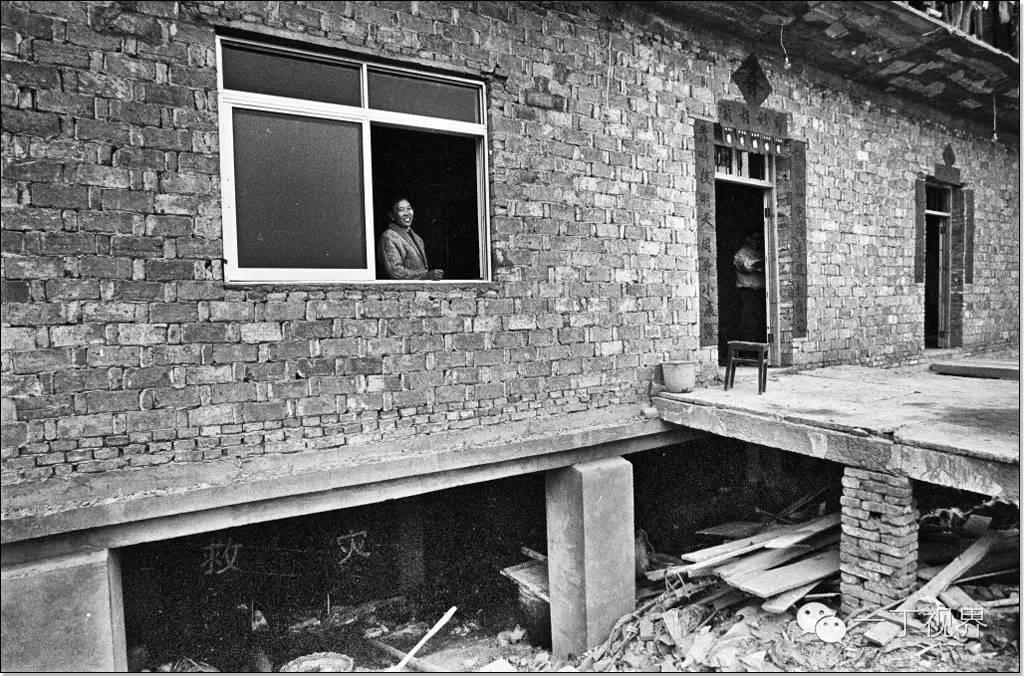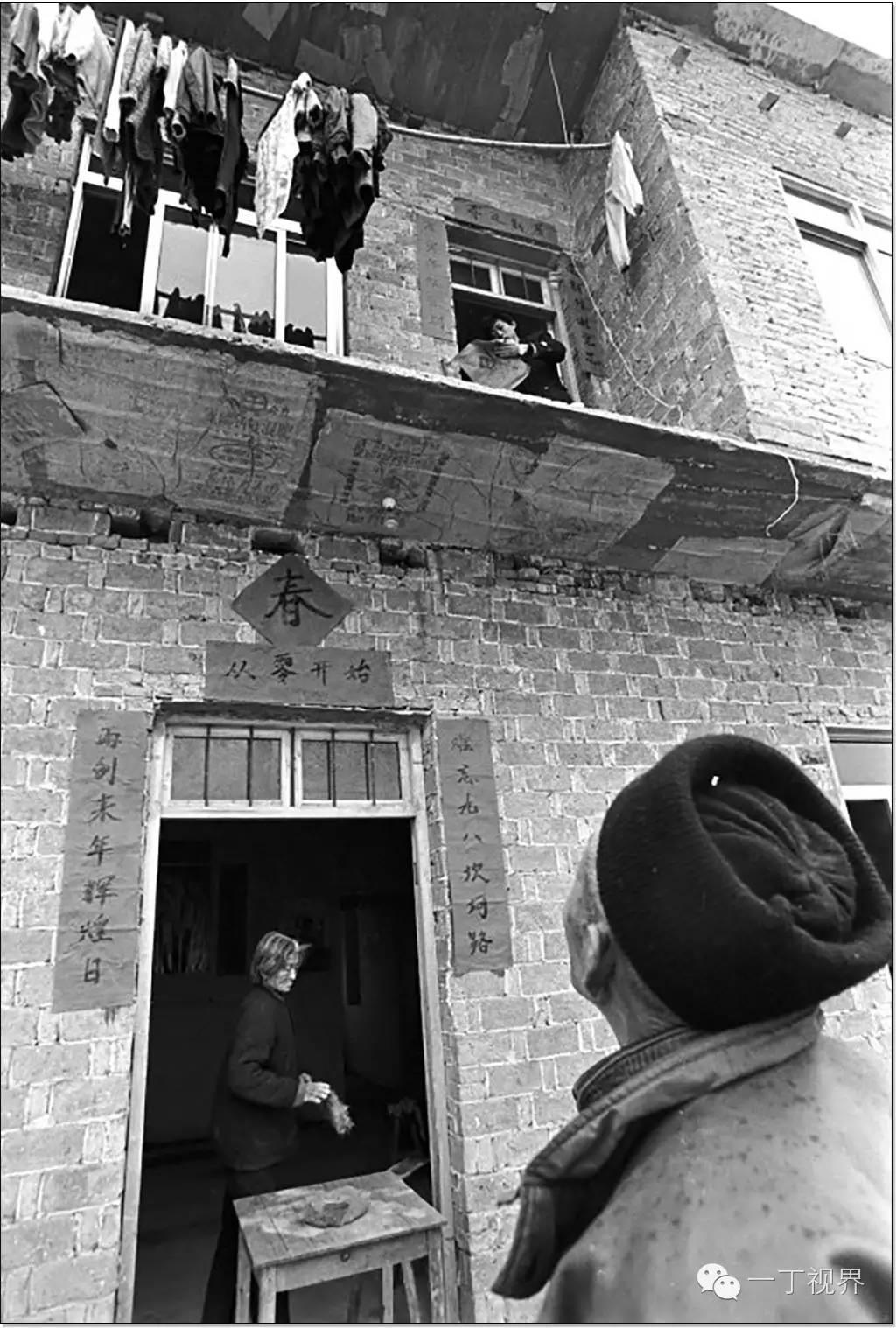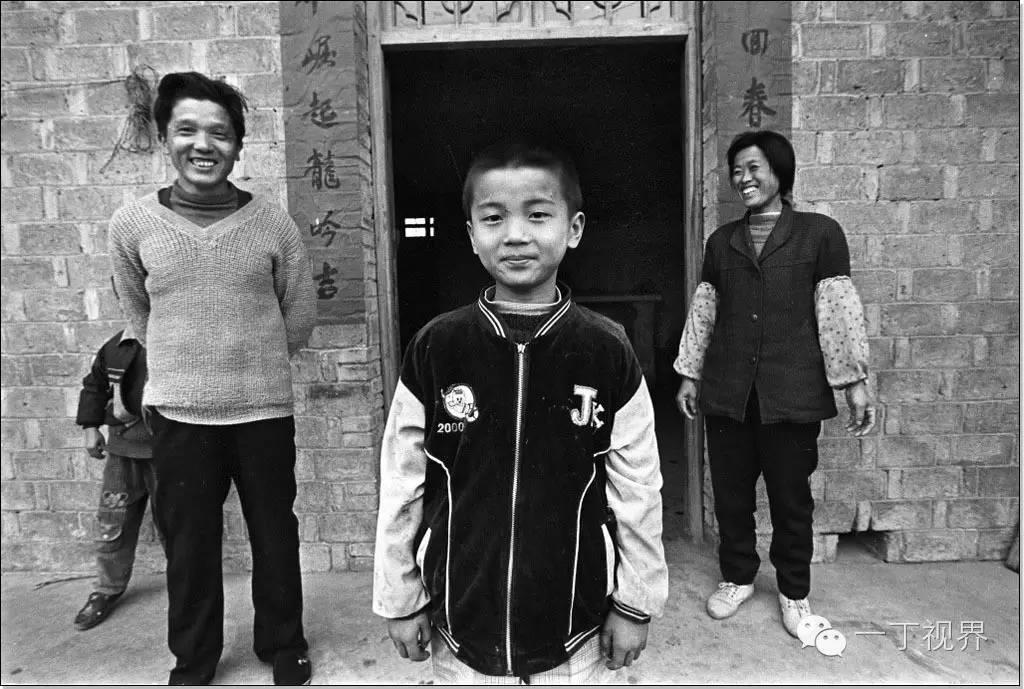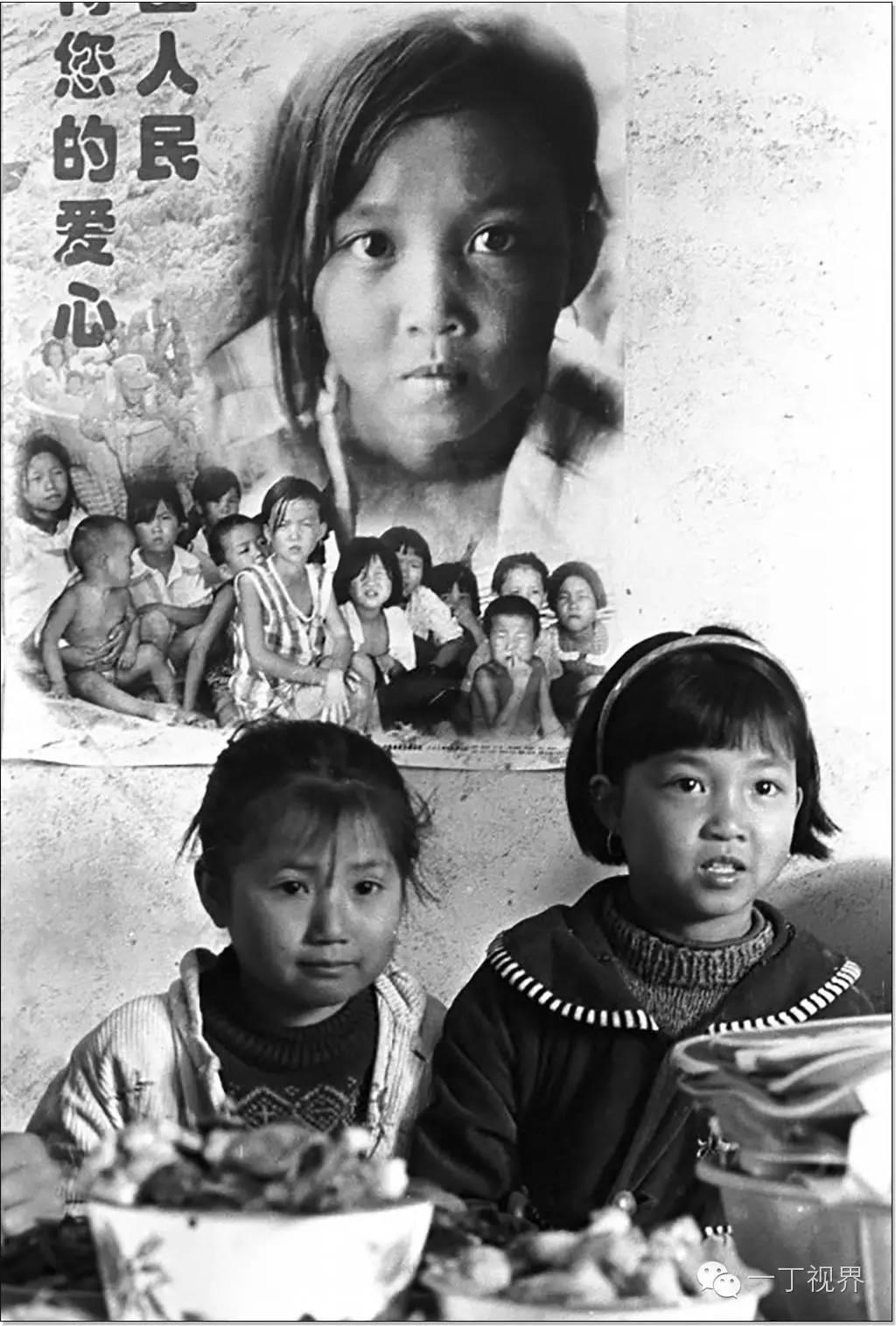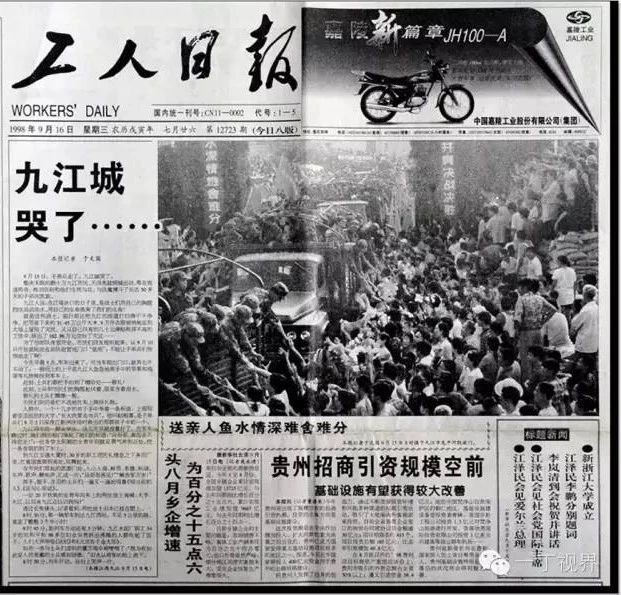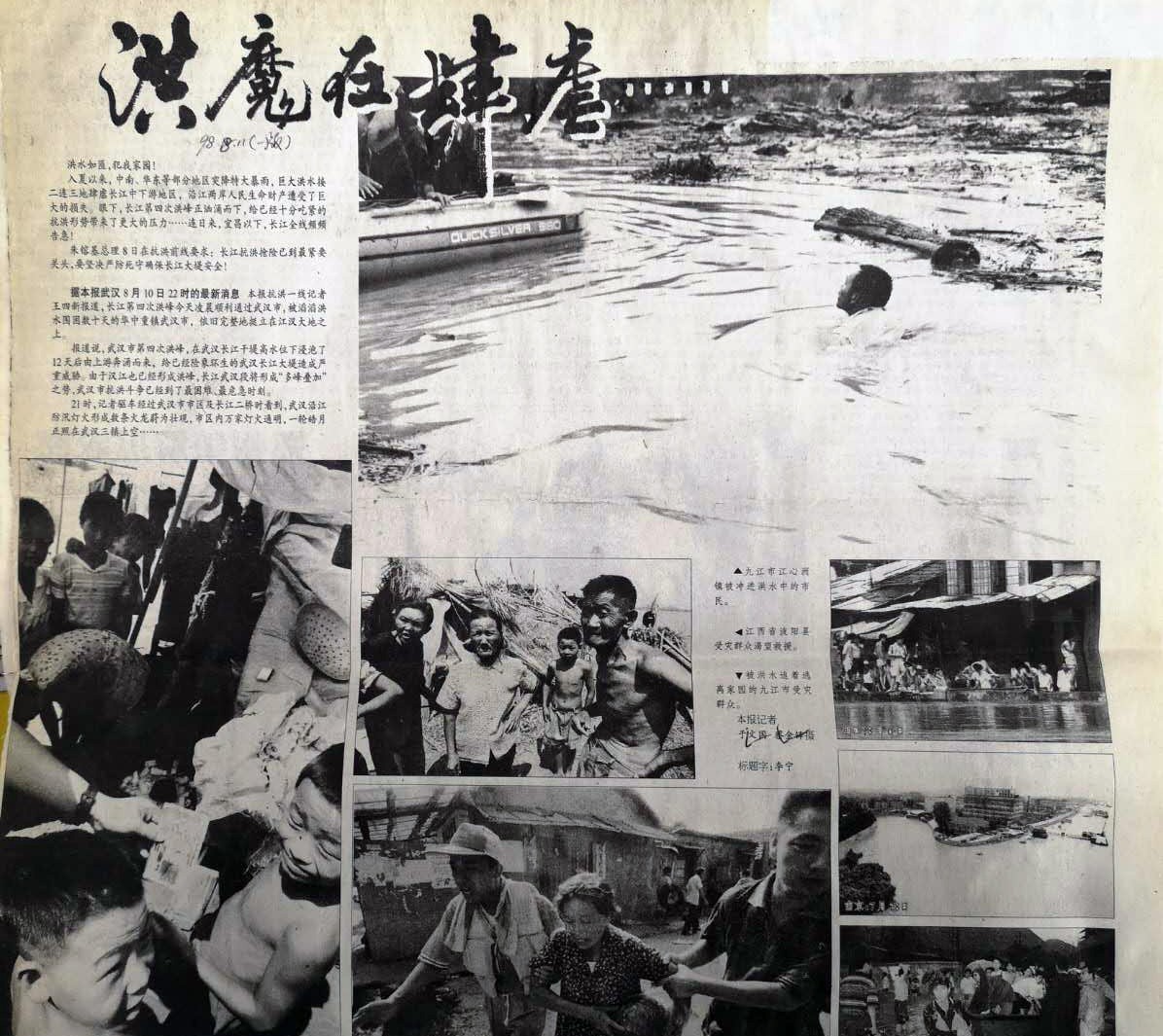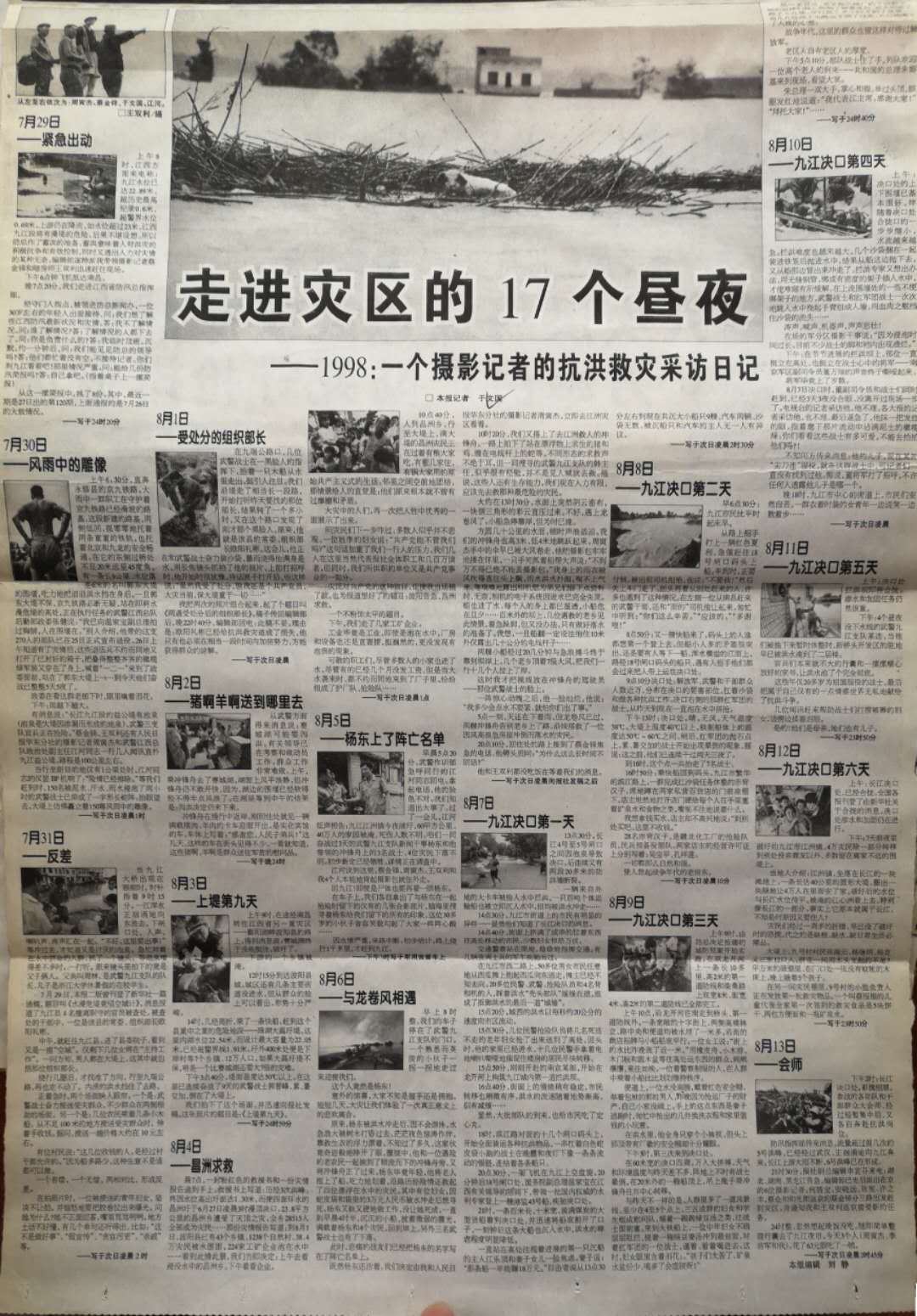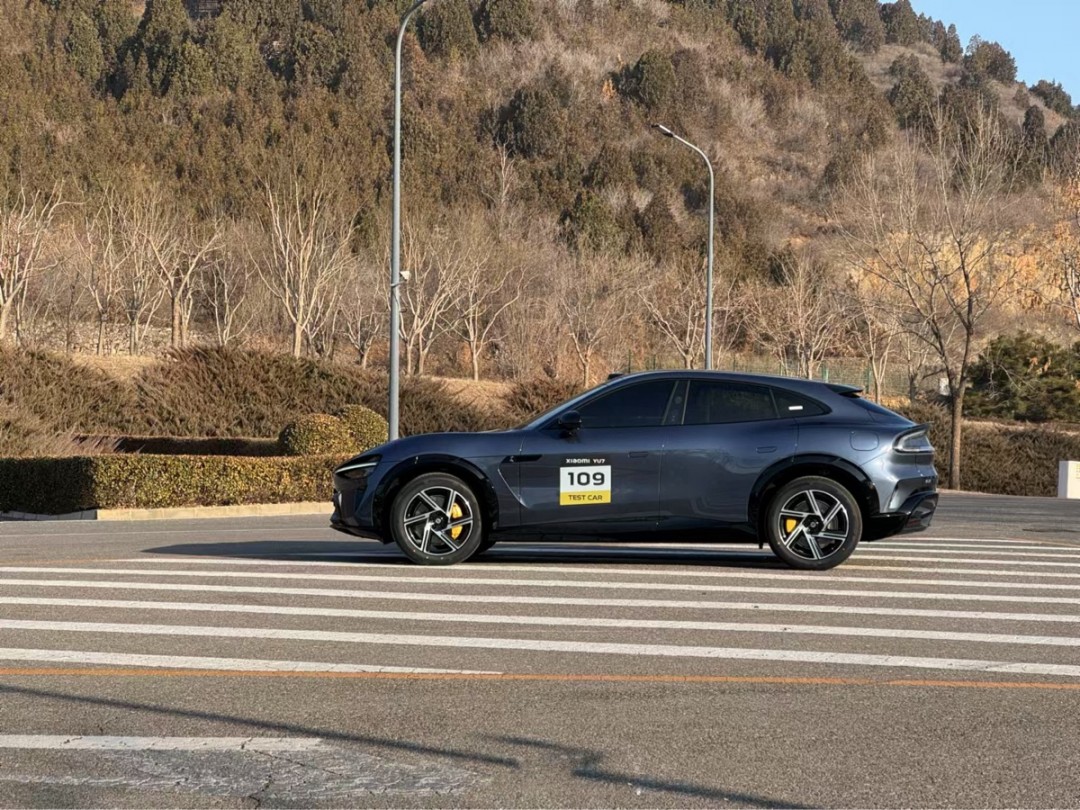△ Hundreds of thousands of Jiujiang citizens who stayed up all night went out before dawn, waiting on both sides of the street, tearfully bidding farewell to their soldiers who struggled with Hong Mo for more than 50 days!
△ The citizens rushed to throw gifts at the car.
△ The child holding the sign is called Zhao Boxi, one of the children rescued by the soldiers when Jiang Xinzhou burst its bank late at night on August 5.
△ "Brother Bing, I really can’t bear to let you go!" A young woman got up the courage to rush nearby and threw a cigarette into the car.
Wave. Shake hands. The tearful soldiers sang "Our Soldiers" and "Say the Truth" over and over again.
△ When I arrived at Jiujiang Transportation Building, Hu Minli, a 30-year-old employee, ran back to the factory in a hurry, climbed to the heights with the national flag and danced wildly.
△8: 45, there are still 5 minutes before the train starts. Liu Heping, a 54-year-old worker of Jiujiang Cement Factory, and more than 50 women suddenly squeezed out of the boiling crowd and blew the flute. People sang "Farewell" and "Beijing has a golden sun" loudly.
Delta figure in the middle of this one is the commander in chief general Dong Wanrui. He said: "I am proud to have soldiers who are so loved by the people!" "
98 flood control-six months later …
△ After half a year of fighting the flood, the people who fled in the photo came back.
△ On New Year’s Day, employees of China Railway Bridge Bureau on the construction site of Jiujiang Bridge. They fought continuously to get back the construction period delayed by the 98 flood.
△ On the New Year’s Day, in the new home for the New Year, setting off firecrackers is to relax.
△ I can finally be happy once.
△ A glass of wine full of ups and downs.
△ The new house is built on the basis of disaster relief.
△ His couplet: Unforgettable bumpy road in 1998, and create brilliant days in the future. Horizontal batch is "from scratch".
△ The child in the middle of the picture is called Cai Baoyin, and his parents are on both sides. He is the child who got food for the first time in the flood control record of 1998 (I).
△ This girl (right) is the child in the 98 flood control wall chart behind.
Jiujiang city cried …
September 15th. The soldiers are gone. Jiujiang city cried.
Hundreds of thousands of Jiujiang citizens, who stayed up all night, went out before dawn, waiting on both sides of the street, tearfully bidding farewell to their life and death, and their soldiers who fought against the flood for more than 50 days triumphed.
Jiujiang people said: In the days when the dike burst, it was the soldiers who blocked the surging flood with their chests, and it was the soldiers who exchanged their lives for our lives!
It is these soldiers who cleaned the streets of Jiujiang before leaving. I quietly transported the saved 314,500 kilograms of rice and 90,000 pieces of clothes to the levee for the victims, and squeezed out 1,629,600 yuan from my only tens of yuan allowance and low salary to the disaster area …
For fear that the troops would leave at night, the citizens spontaneously organized themselves and took turns to "be on duty" at the gate of the army camp from September 10: we can’t let the soldiers leave quietly!
At 5 o’clock this morning, the military vehicle came out. But when the car just left the door, it couldn’t move any more. Thousands of Jiujiang people rushed to throw gifts such as apples and eggs into military vehicles.
At this moment, the soldiers all raised their hands to the brim-salute!
At this moment, the soldiers and citizens’ chests are ups and downs, with tears in their eyes.
The saluting soldiers are like statues.
The citizens are still rushing to throw gifts at the car.
In the crowd, a teenager was holding a slogan in his hand. It was written in crooked Chinese characters: "I want to be a soldier when I grow up." His name is Zhao Boxi, and he is one of the children who were rescued by the soldiers when Jiang Xinzhou burst its banks late at night on August 5.
A group of female students from Jiujiang Teachers College have already discussed it these days. When the military vehicles passed by, they rushed out of the school gate and raised their slogan: "Brother Bing, I really can’t bear to let you go!" " A young woman in a sundress got up the courage to rush nearby and threw a cigarette into the car.
When he arrived at Jiujiang Traffic Building, Hu Minli, a 30-year-old employee, ran back to the factory in a hurry, climbed high with the national flag and danced wildly.
At the Arc de Triomphe erected by the citizens, there was a sea of people. Flowers, colorful flags, slogans, the sound of cars, songs and firecrackers all converge into one piece: "Goodbye, soldier brother!" "Long live the People’s Liberation Army!"
Wave. Shake hands. The tearful soldiers sang "Our Soldiers" and "Say the Truth" over and over again.
A 20-year-old young woman surnamed Yao shouted to the two soldiers in the car: "Da Li, Dajiang. Do you still know me when you come to Jiujiang in the future? "
Through the telephoto lens, the reporter saw that the tears of the two soldiers had hung on their cheeks.
At 8: 30, the first military vehicle arrived at Jiujiang West Station. Less than 5 kilometers, I walked for three and a half hours!
At 8: 45, there are five minutes before the train leaves. Liu Heping, a 54-year-old worker of Jiujiang Cement Factory, and more than 50 women suddenly squeezed out of the boiling crowd and blew the flute. People sang "Farewell" and "Beijing has a golden sun" loudly.
Lieutenant General Dong Wanrui, a group army soldier who stood by and said goodbye to the soldiers, choked: "I am proud to have soldiers who are so loved by the people." Tears ran down the general’s face.
At 8: 50, the train started. There was a cry on the platform.
(Newspaper, Jiujiang, Jiangxi, September 15th)
(September 16, 1998 was originally published in the headline of the Workers’ Daily)
△ "Jiujiang City Crys" won the second prize of the ninth China News Award.
△ Published in Workers’ Daily, August 11th, 1998, 1st edition.
△ The author’s 16 interview logs were published in the original text.
This issue was originally published in "Yiding Vision"
take a photograph | Yu Wenguo edit | Wu Fan
